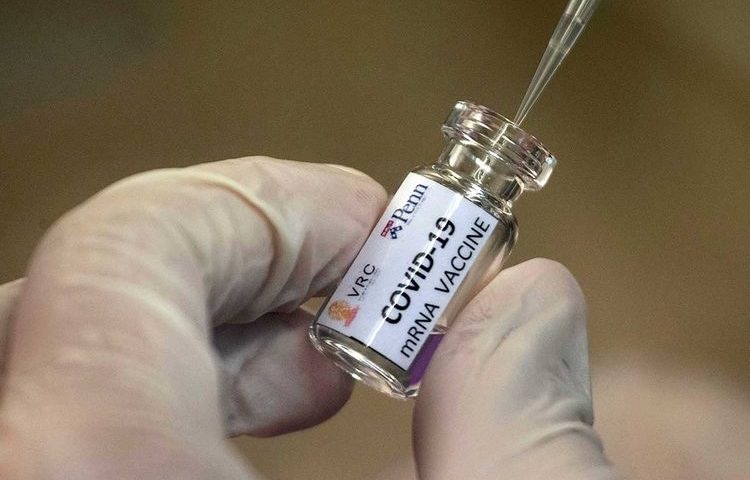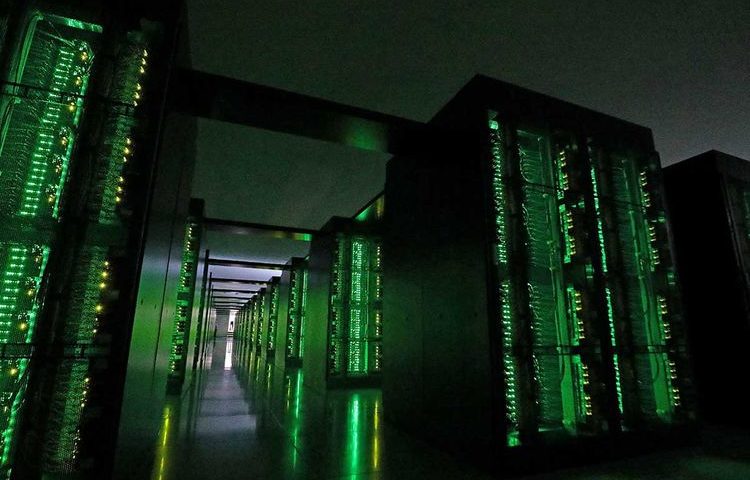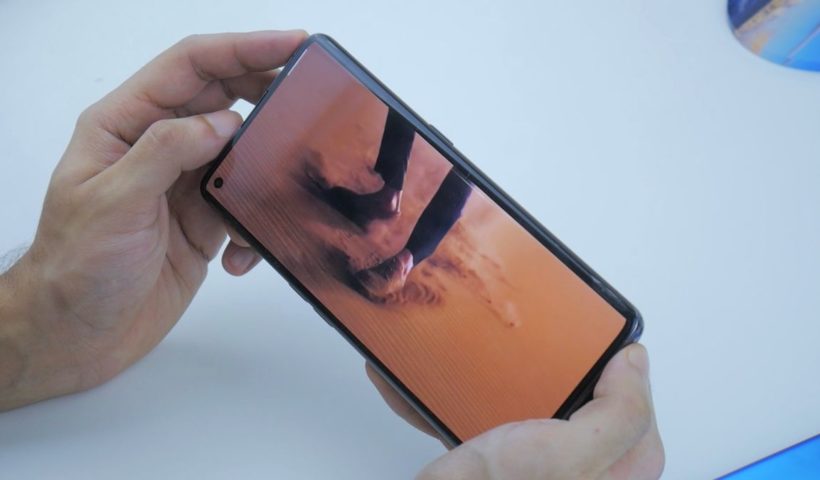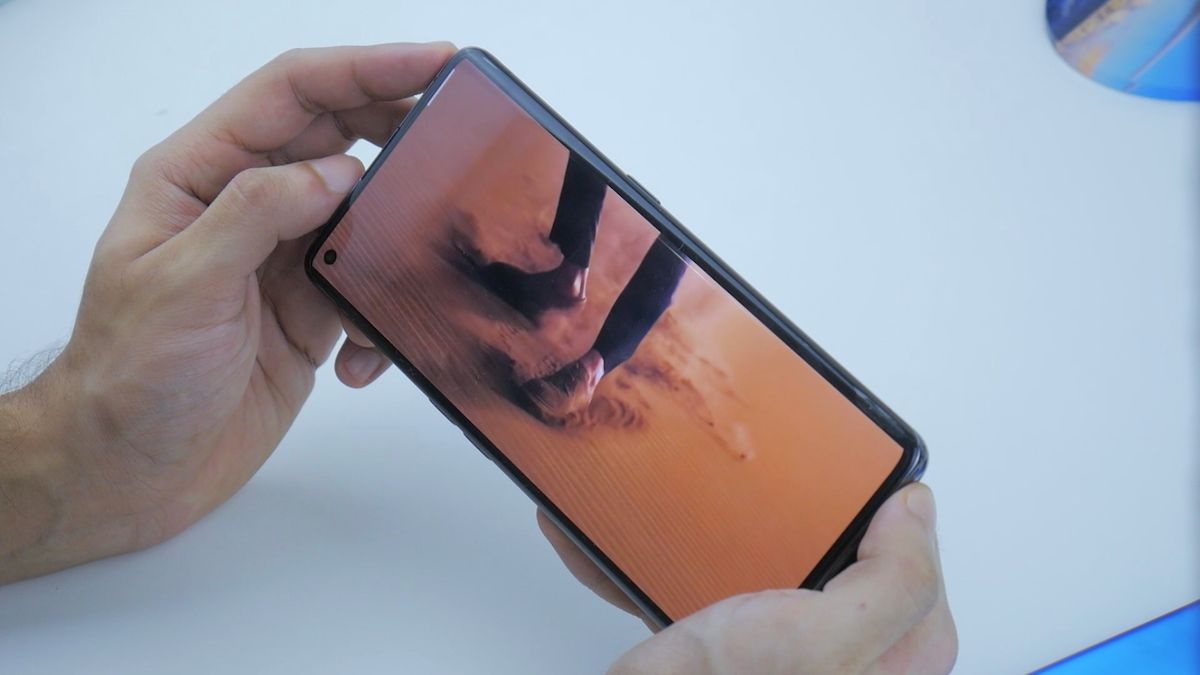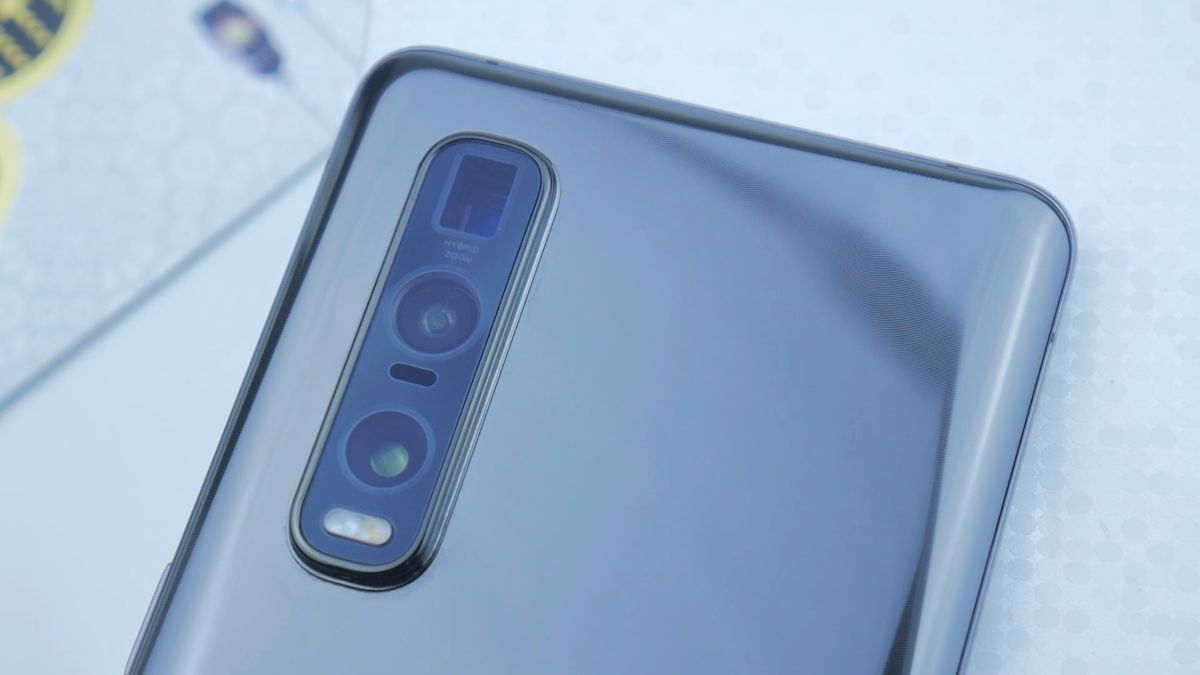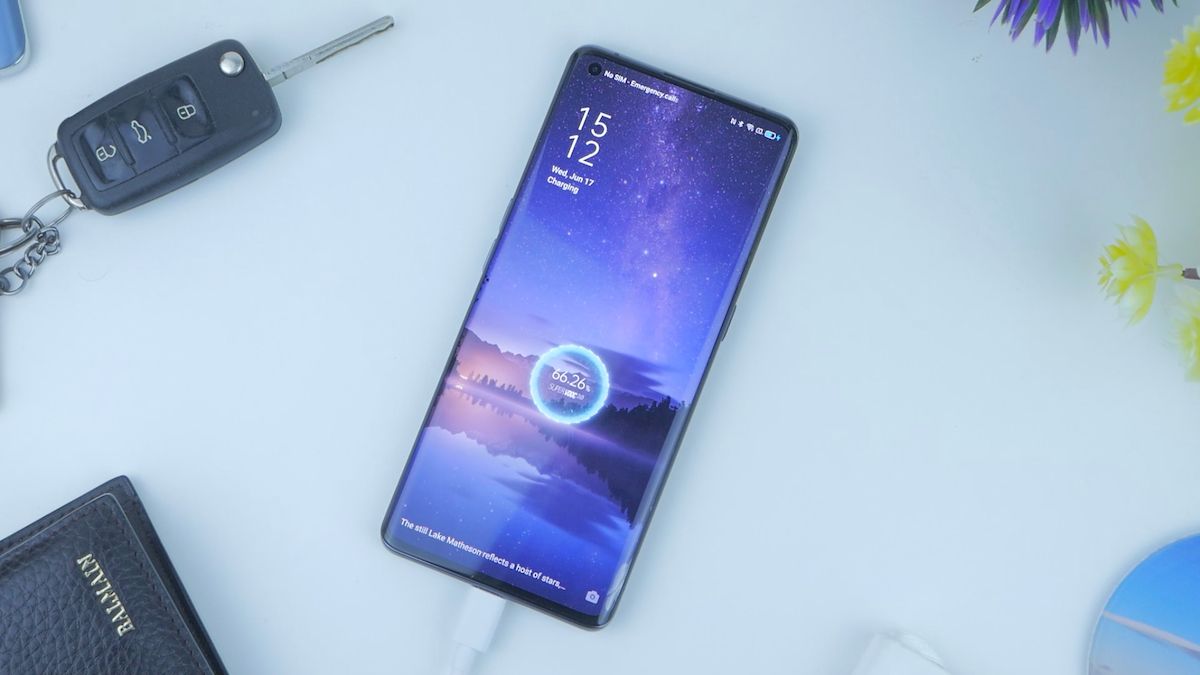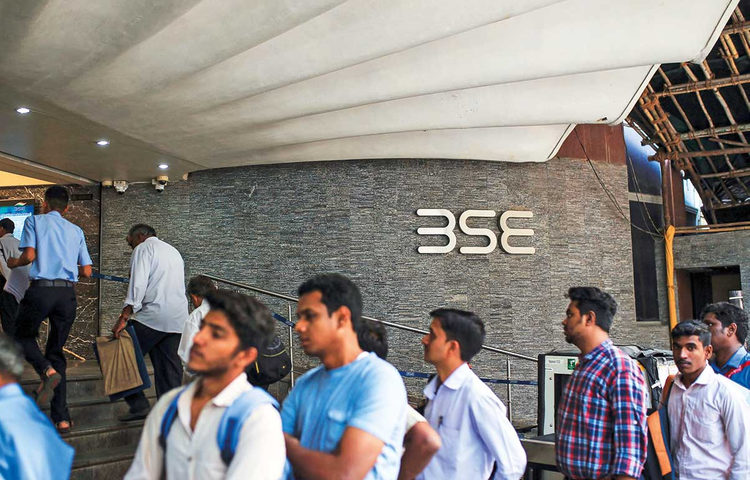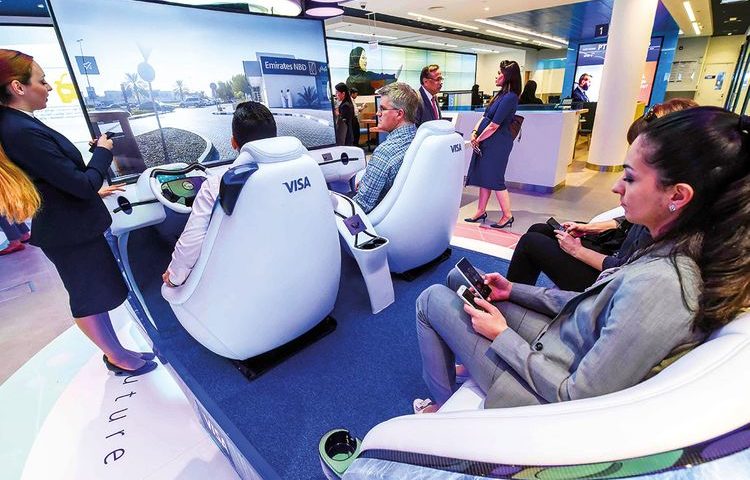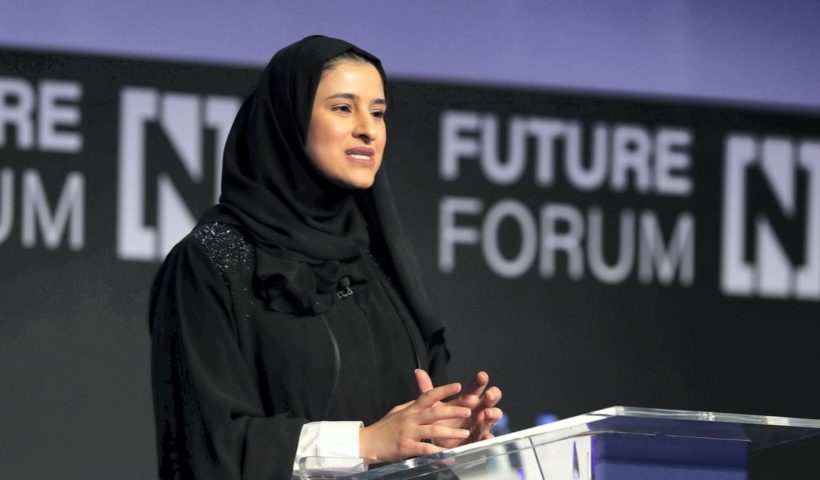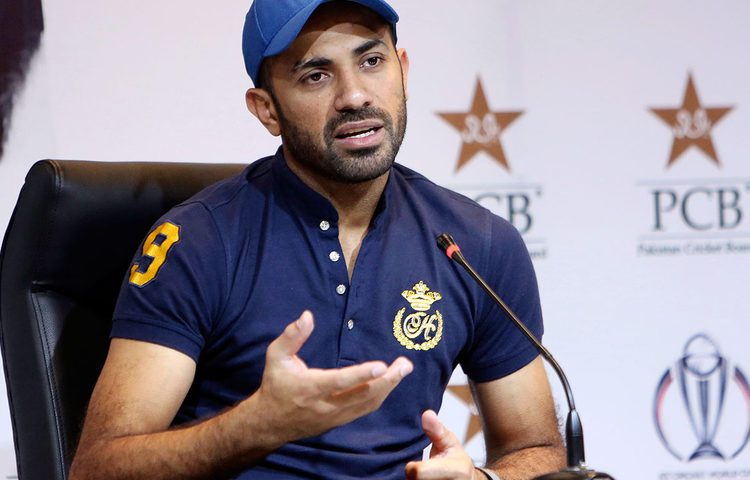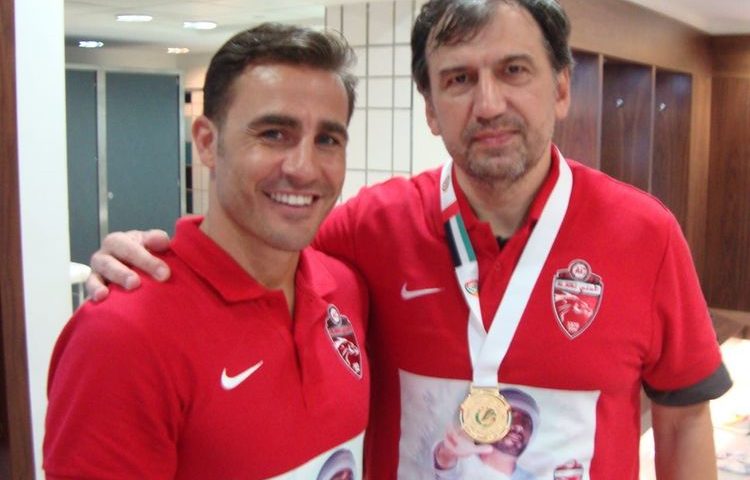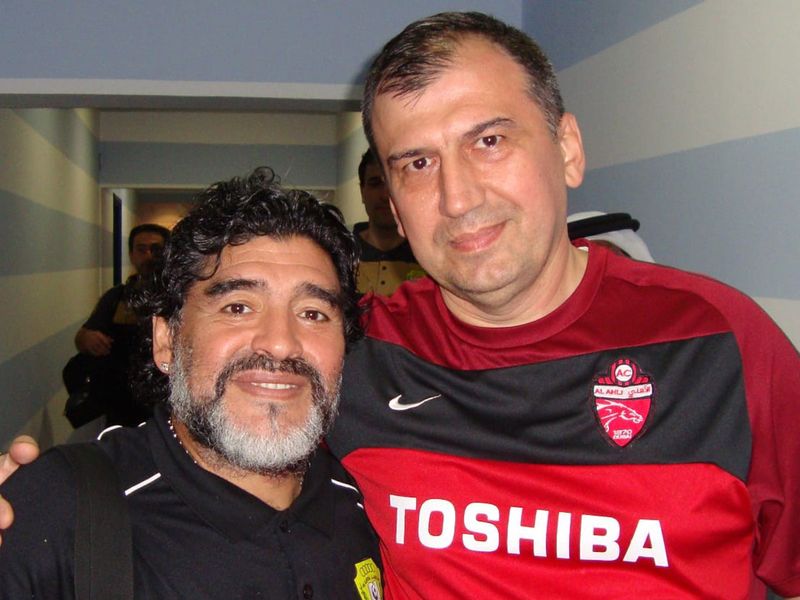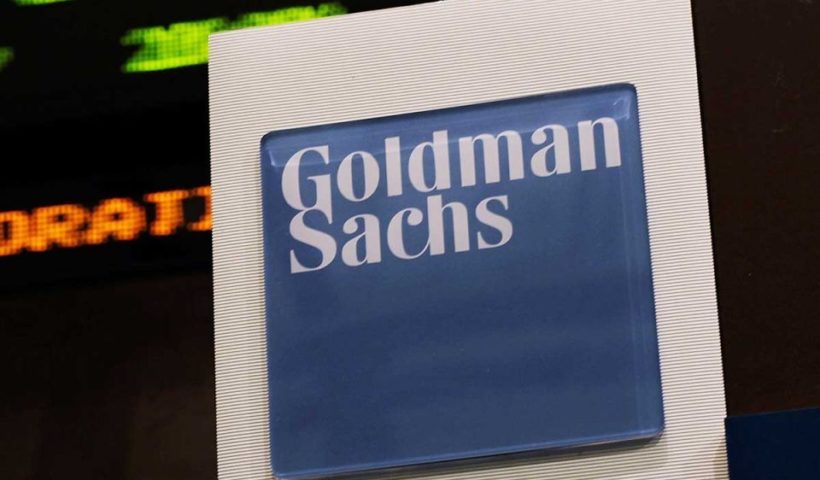With less than six weeks before the launch of the UAE’s Hope mission to Mars the project has provided a model for the development of other important sectors in pharmaceuticals, biotechnology and agriculture technology.
Sarah Al Amiri, the UAE’s Minister of State for Advanced Sciences and Deputy Project Manager of the Emirates Mars Mission, told a webinar with London’s Science Museum on Monday that the mission is poised to answer unique scientific questions while on Mars.
The effects of the work, carried out at the Mohammed bin Rashid Space Centre in Dubai and on Mars, is a pillar of the future of the UAE economy.
“The UAE is currently working towards its diversification plan, a diversification plan for the economy as a whole,” she said. “The development of knowledge-intensive sectors has become key to the economy.”
On July 15 the UAE probe will launch its 495,000,000 kilometre journey to reach and orbit the Red Planet, less than a year after Hazza Al Mansouri blasted off to the International Space Station last September. It has taken just six years from conception to launch, half the time of other Mars projects.
Omran Sharaf, project manager of the Emirates Mars Mission, also spoke at the session and discussed how the probe has been designed to give hope to 100 million Arab youths around the region.
He said the purpose was building the knowledge economy, something that was a national priority leading up to the country’s golden jubilee next year.
“We wanted to focus on 50th anniversary,” Mr Sharaf said. “It is a message not only to the Emirati youth but also the youth of the region.
“Given your history, given your achievements in the past, you can do much more.”
Highlighting a commitment to establish human settlements on Mars by 2117, Mr Sharaf said the goal was to give a framework for future ambition and achievement.
“It is like a 100-year commitment to the Emirati youth that you’re going to have jobs in science,” he said. “We do have a long-term vision for the long-term development of this mission and the UAE economy,” he said. “That’s why we try to include different aspects of the economy in this mission.”
The minister said the mission had been purposely built to be complementary for other missions.
It would focus on the reason for atmospheric “floss” by examining the correlation between Mars’s lower and upper atmosphere. The instruments are designed to collect data on dust storms and water loss.
“What we are doing is studying the weather on Mars for an entire Martian year,” she said.
Sir Ian Blatchford, director of London’s Science Museum Group, said the hurdles to be overcome in getting to Mars were among the hardest posed by space exploration.
“You can’t just launch to Mars whenever you feel like it,” he said. “You can only when there is a window for the launch.
In particular he said the mission chosen by the UAE was the first “wholistic” survey of the planet’s atmosphere.
“It is an enormous feat of national pride but also an enormous contribution of sharing the data it yields,” he said.
Scientists who are resident in the UAE have played a role is shaping the nature of the mission, added Ms Al Amiri. “The data from this mission will be publicly available in due time and we are always interested in collaboration,” she said.



